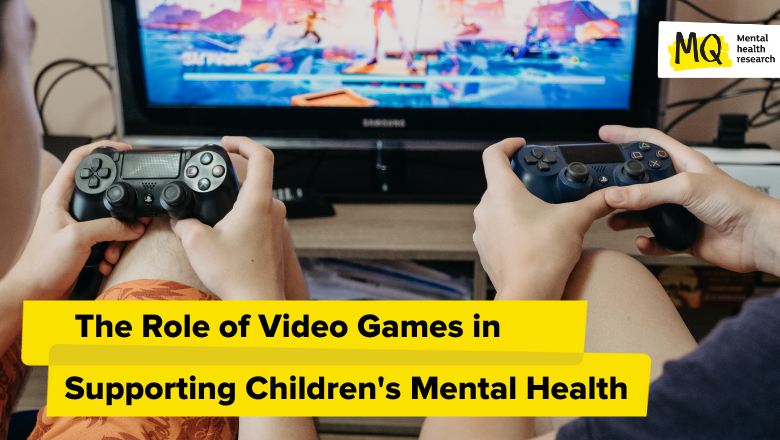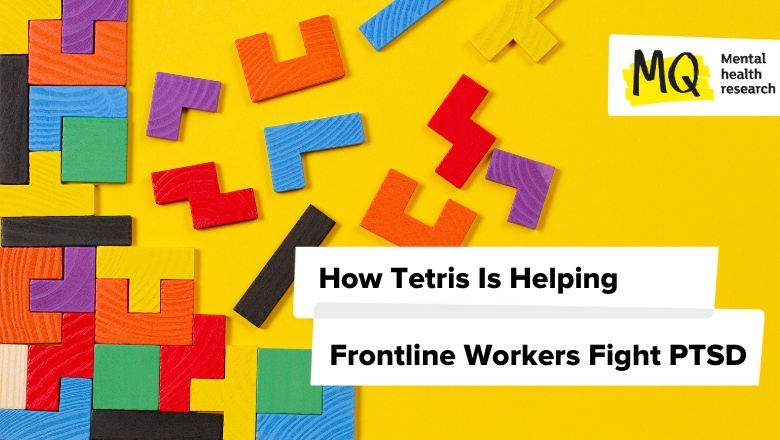A review led by Johns Hopkins Children’s Center suggests that video games designed for mental health interventions can modestly improve well-being in children and teens with anxiety, depression, and ADHD. The findings, published in JAMA Pediatrics, analyzed 27 studies with 2,911 participants aged six to 17. These games were designed to treat ADHD, depression, or anxiety, with participants playing on various platforms, such as computers, tablets, and smartphones.
The study found that video games designed for ADHD and depression had a modest positive effect (effect size of .28), improving symptoms like sustained attention and reduced sadness. However, games aimed at reducing anxiety showed little benefit (effect size of .07). According to Joseph McGuire, Ph.D.,
“While the benefits are still modest, our research shows that we have some novel tools to help improve children’s mental health — particularly for ADHD and depression — that can be relatively accessible to families.”
He suggests these games could serve as an interim step while children wait for individual therapy.
The team found that game delivery methods (e.g., computer-based games with preset time limits) and participant characteristics (such as involving more boys) influenced the success of these interventions. Barry Bryant, M.D., highlighted that even a doubling of pediatric mental health providers wouldn’t meet current demand, indicating a need for alternative tools.
The researchers also addressed limitations, including variability in study measures and access issues. Some games were not widely available or were restricted by paywalls, and effects were often based on parent or child feedback rather than standardized clinical assessments. Bryant also noted that while screen time can be concerning,
“If a child has a video game problem, they are often playing it for several hours a day as opposed to a gamified digital mental health intervention that might be 20-45 minutes, three times a week.”
McGuire emphasized, “I think having many tools in the toolbox can be helpful to confront the increasing demand for child mental health care.” The study’s findings suggest that structured, time-limited use of digital mental health games may offer a helpful, albeit modest, supplement to traditional mental health care for children.
Recently, founding MQ Trustee, Professor Emily Holmes released a study using Tetris as a mental health intervention.




